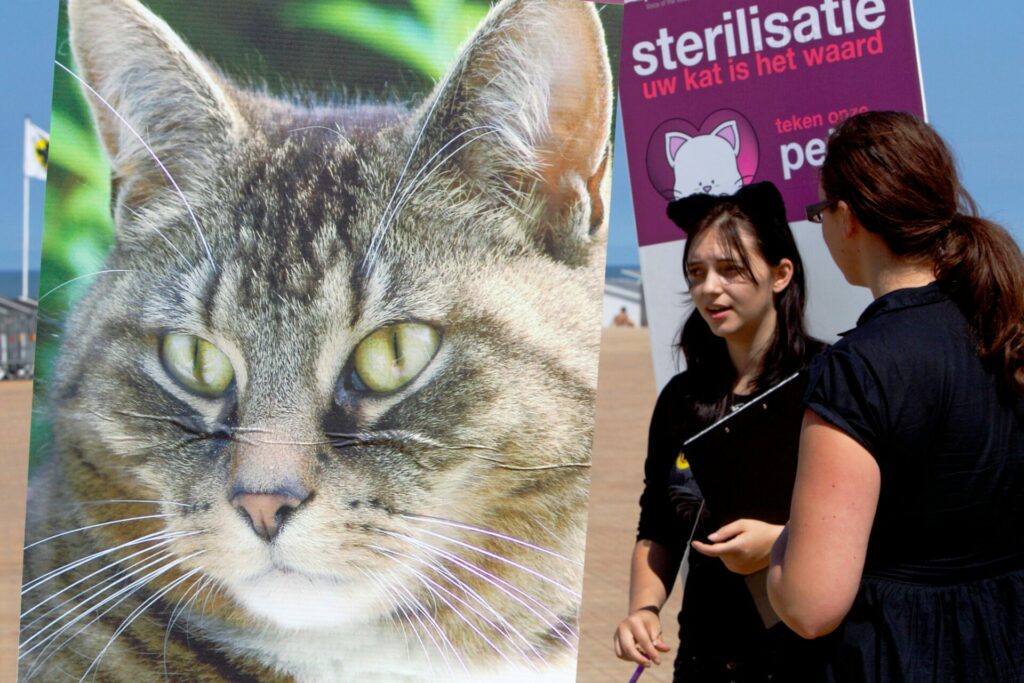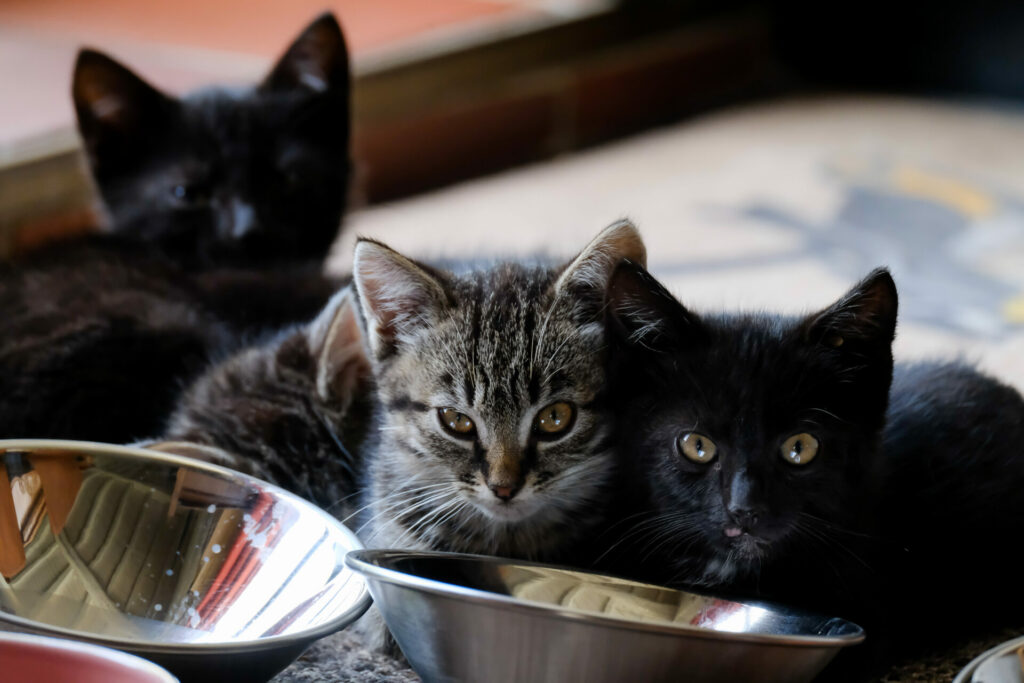Despite an existing obligation to sterilise cats, which has been in place since April 2018, “feline overpopulation” remains an issue in the Brussels Region, according to Brussels Animal Welfare Minister Bernard Clerfayt. The regional government will soon strengthen its sterilisation policy, the minister announced in a press release on 1 September.
The number of cats on the streets of Brussels continues to boom, a situation most visible in the animal shelters of the city. In 2021, Brussels animal shelters hosted 3,600 cats and 850 dogs. Facing such a surge in arrivals, many shelters have no choice but to resort to euthanasia.
According to the law in Brussels, cat owners must have their animal spayed before it reaches six months. “Sterilisation prevents unwanted litters and thus reduces the number of abandoned and sterilised cats in shelters,” the City of Brussels states.
Despite the obligation, just one in five cats arriving at the city’s shelters is actually spayed. Against this backdrop, the regional government states that it is now necessary to take stricter measures.
Clerfayt states that any cat now ending up in a shelter in Brussels must be sterilised before being returned to the owner. All cats residing in the Brussels region must now be properly identified, even those born before 1 November or cats given or sold after this date.

Two members of the GAIA organisation (Global Action in the Interest of Animals) in 2010 to encourage cat sterilisation, Tuesday 3 August 2010, in Oostende. Credit: Belga / Kurt Desplenter
Shelters will also soon be able to put orphan kittens up for adoption from 8 weeks old, compared to 13 weeks previously.
“Faced with the proliferation of cats, there is only one solution: sterilisation,” Clerfayt told the Belga news agency. “By strengthening and supplementing current measures, I want to ensure better management of the cat, because currently, they are the first victims of this overpopulation.”
Related News
- ‘Cruelty-free cosmetics in the EU' campaign racks up over 1.4 million signatures
- Animal shelters in overdrive as owners abandon pets after summer holidays
When unspayed cats roam in the wild, they often fall pregnant, often leading to an increase in the population of stray cats in the capital.
“They are born in the wild or are abandoned and very often become stray cats which, in the worst case, must be euthanised or, at best, suffer the troubles of a life of wandering (ilnness, fights, famime, etc),” Clerfayt concluded.

